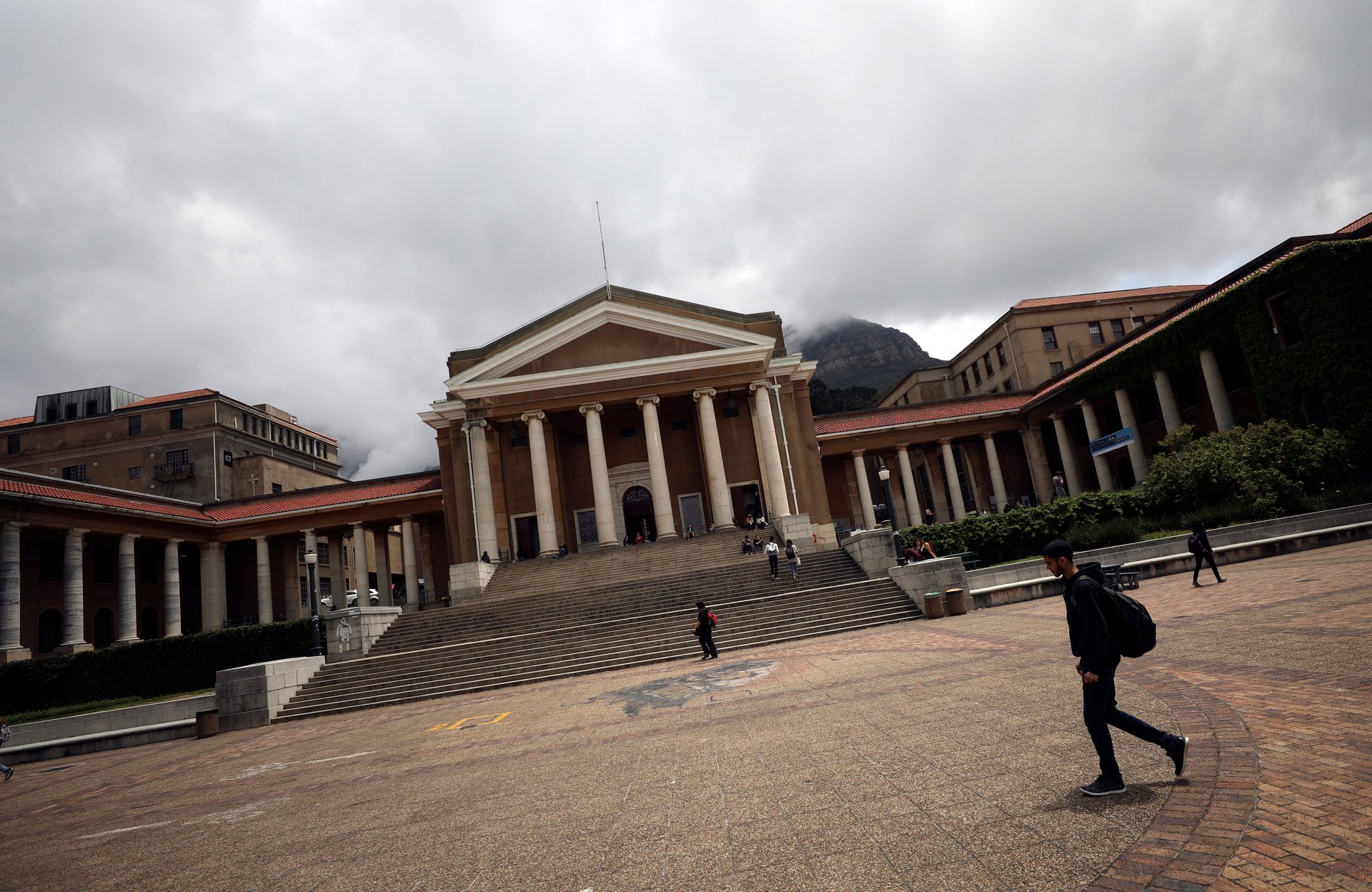Cape Town is testing a Covid-19 vaccine designed to protect against new variants
Researchers in Cape Town are starting local clinical trials of a Covid-19 vaccine designed to protect people from infection caused by variants of the coronavirus, now and in the future.


Researchers in Cape Town are starting local clinical trials of a Covid-19 vaccine designed to protect people from infection caused by variants of the coronavirus, now and in the future.
The vaccine was developed by California-based biotechnology companies ImmunityBio and NantKwest. It targets both a protein known as a nucleocapsid, which coronaviruses use to infect their host, and the so-called spike protein zeroed in on by vaccines authorized for use already.
Scientists leading the trial say the nucleocapsid may be less likely to mutate than the spike protein, which since the start of the pandemic has changed in ways that lower the protection provided by vaccines that target the spike alone. The mutations have left countries racing to vaccinate people before variants of the virus emerge that could lower the efficacy of vaccines even further, or resist the shots entirely.
“The nucleocapsid protein appears to be much more stable and therefore has a lower risk of developing mutations that could risk vaccine failure,” said Graeme Meintjes, a professor of medicine at the University of Cape Town and co-investigator of the ImmunityBio trial, which in its first phase aims to assess whether the vaccine elicits an immune response as well as safety and dosage.
The trial, which began in the US in October, is the first in South Africa of a Covid-19 vaccine engineered to attack both proteins. It comes as makers of Covid-19 vaccines such as Pfizer and BioNTech and Moderna say they plan to update their shots to boost protection against variants that have emerged thus far.
ImmunityBio and NantKwest, which in December agreed to merge, were both founded by Patrick Soon-Shiong, a billionaire doctor and scientist who was born in Port Elizabeth and graduated from the University of the Witwatersrand.
Soon-Shiong, who is slated to serve as executive chairman of the combined companies, also owns The Los Angeles Times and is a part-owner of the Los Angeles Lakers of the NBA. Since the start of the pandemic, Soon-Shiong, who has previously pursued breakthroughs in the battle against cancer, has taken to YouTube to explain the science behind the coronavirus.
South Africa last week began vaccinating health-care workers using a Covid-19 jab developed by Johnson & Johnson. Preliminary studies show the J&J shot is nearly 90% effective in preventing severe disease and death caused by a variant named 501Y.V2. The variant, which spreads more easily than previous variants, emerged in South Africa in December and has since appeared in 45 countries.
The vaccinations follow a decision by the government to shelve a planned rollout of a vaccine developed by Oxford University and AstraZeneca in the absence of data demonstrating its efficacy against the 501Y.V2 variant, which now causes most cases of Covid-19 in the country.
Since the start of the pandemic, South Africa has recorded more than 1.5 million cases of Covid-19 and at least 49,053 deaths from the disease, the most of any country on the continent.
The 501Y.V2 variant and variants that emerged in both the UK and Brazil and have since spread elsewhere are all characterized by mutations in the spike protein.
Like both the J&J and AstraZeneca vaccines, the ImmunityBio vaccine uses a modified adenovirus similar to those that cause the common cold. It delivers genetic code for the coronavirus that induces the body’s own immune system to establish defenses against Covid-19.
Besides rendering the adenovirus harmless, the modification enables the vector, as the carrier is known, to avoid detection by the immune systems of people who may have preexisting immunity to the adenovirus. Such immunity could cause their immune systems to destroy the vector before it can deliver its code.
Scientists say that in addition to targeting both the nucleocapsid and spike proteins, the ImmunityBio vaccine, like the jabs from J&J and AstraZeneca, is engineered to spur the production of memory B and T cells that confer immunity long after infection.
Though the ImmunityBio vaccine can be stored in a standard refrigerator, the company says it is also testing versions of its vaccine that could be taken by mouth and stored at room temperature, both features that would make the vaccine easier to administer.
Though the first phase of the trial in Cape Town will test delivery of the vaccine via two injections administered 21 days apart, findings from both the U.S. and South African legs of the trial will inform methods of administering the vaccine that ImmunityBio says it plans to study in phases to come.